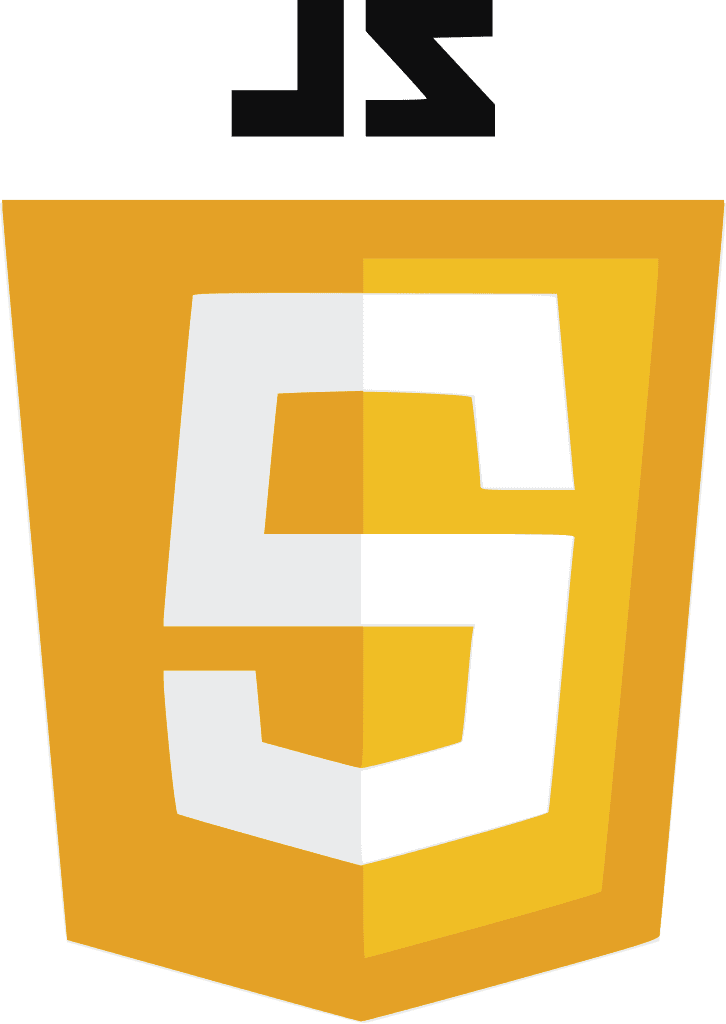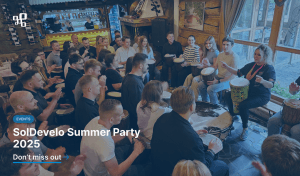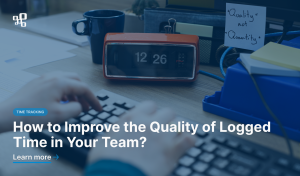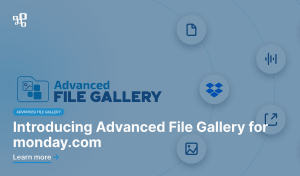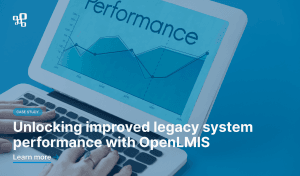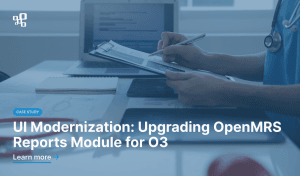ODK Stoplight – visual surveys for microfinance to help bring individuals out of poverty.
About
Many non‐profit organizations are exploring the effectiveness of microfinance loans in poverty alleviation in developing nations. In this model, individuals are given small loans (along with access to education and developmental services) in an attempt to assist them in the creation of sustainable streams of income to bring them out of poverty. Benetech, a tech non-profit in the United States, partnered with Fundación Paraguaya (FP), an NGO focused on microfinance and entrepreneurship in Paraguay, to build a data collection platform to help the families that FP works with measure their level of poverty and identify and create custom strategies to address their specific needs. FP’s ‘Poverty Stoplight’ program is being used in many regions throughout the world to assess poverty levels in relation to relief programs.
Fundación Paraguaya developed a series of poverty indicators that can be assessed as green-, yellow-, or red-status (with accompanying visual representations of each status for each indicator). This ‘visual survey’ can be given before, during, or at several points following a loan or other program in order to better understand the way it affected the individual’s quality of life. FP wanted a robust data platform that would allow their field staff to administer the survey better and their partners to scale the methodology around the world.
Fundación Paraguaya developed a series of poverty indicators that can be assessed as green-, yellow-, or red-status (with accompanying visual representations of each status for each indicator). This ‘visual survey’ can be given before, during, or at several points following a loan or other program in order to better understand the way it affected the individual’s quality of life. FP wanted a robust data platform that would allow their field staff to administer the survey better and their partners to scale the methodology around the world.
Challenge
Addressing this use case is the Open Data Kit (ODK), a free and open-source set of tools that helps organizations devise, deploy and manage mobile data collection solutions. This project focused on the 2.0 version of the ODK Tool Suite, which is under active development by the ODK core development team.
The first goal of the project was to create a baseline platform collecting visual survey results by means of developing a solution built on top of ODK 2.0.
This platform would enable the creation of visual surveys. Surveyors would present them to beneficiaries in the field by using mobile devices, such as tablets. This data would then be sent to a server responsible for collecting them, as well as aggregating or reporting on them. Many of the beneficiaries targeted would be of limited literacy, which had to be reflected in the application, by providing a feature of creating forms that would contain appropriate types of questions.
The second goal was to test and assess the state of ODK 2.0 by determining the platform’s readiness to meet the requirements, as well as getting a sense of its state – the number of bugs and overall stability.
The first goal of the project was to create a baseline platform collecting visual survey results by means of developing a solution built on top of ODK 2.0.
This platform would enable the creation of visual surveys. Surveyors would present them to beneficiaries in the field by using mobile devices, such as tablets. This data would then be sent to a server responsible for collecting them, as well as aggregating or reporting on them. Many of the beneficiaries targeted would be of limited literacy, which had to be reflected in the application, by providing a feature of creating forms that would contain appropriate types of questions.
The second goal was to test and assess the state of ODK 2.0 by determining the platform’s readiness to meet the requirements, as well as getting a sense of its state – the number of bugs and overall stability.
Solution
A team of seven developers worked with Benetech, utilizing ODK 2.0 in order to meet the goals of the project within 2 months. The team decided to use ODK 2.0 in order to meet FP’s initial requirements, as well as to gain familiarity with the second version of the tool suite. The team took an agile approach to the project in order to deliver as much value as possible and adapt to any potential shortcomings of the ODK 2.0 platform that could potentially be discovered during implementation.A basic solution based on the ODK 2.0 tools was built. It was necessary to fork multiple repositories from ODK 2.0 due to the Application Packager not being implemented yet. The following forks for the three repositories were created:
- ODK Aggregate Server – changes related to data hierarchy and the Docker image were pushed to this fork;
- ODK Survey App –the mobile version for collecting data, and ODK Collect equivalent in version two. We made multiple extensions for it in order to make it meet the requirements;
- ODK Services (previously known as the core) –the basis used by other ODK Tools for services such as database connections, content provisioning, etc. Changes were made to allow syncing only selected forms, as well as downloading and uploading them separately.
Result
The outcome of the project was an end‐to‐end prototype for gathering data with the use of mobile devices, as well aggregating them and reporting on them. The solution will eventually be deployed for Fundación Paraguaya as a replacement for their current system. The application supports questions geared towards beneficiaries that have limited literacy, who are the primary end-users.Knowledge of the ODK 2.0 tool suite was also gained during the duration of the project, giving both SolDevelo and Benetech a better understanding of where ODK 2.0 is at in terms of stability and usability.

References
“SolDevelo put together an incredible team for this project. Their expertise in ODK and their strong programming skills were essential to the project’s success. They were great partners throughout, who understood both the technology and the social mission. We were pleased with not only the resulting code, but with the knowledge we gained about ODK 2.0.”
Anh Bui
Vice President, Benetech Labs






